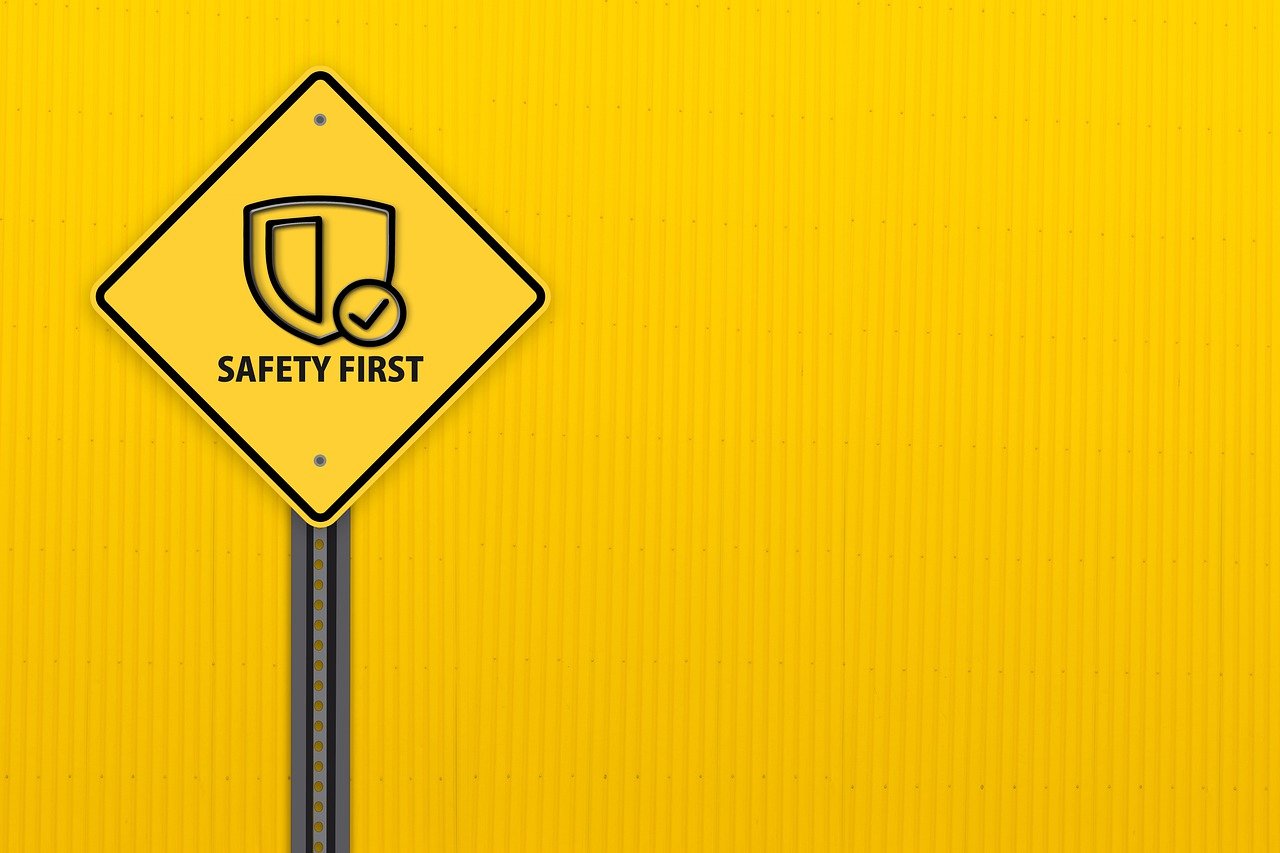Health and Safety Requirements Cut for Small Businesses
Health and Safety / 30 April 2025

The New Zealand government has announced plans to reduce health and safety requirements for smaller businesses, aiming to alleviate the regulatory burden on low-risk enterprises. This initiative, led by Workplace Relations Minister Brooke van Velden, was revealed during a post-Cabinet press conference with Prime Minister Christopher Luxon.
The proposed changes focus on narrowing the scope of the Health and Safety at Work Act (Act) to address only those risks that could result in death, serious injury, or illness. This adjustment is intended to help small businesses, which often struggle with the costs and complexities of complying with extensive health and safety regulations.
Van Velden emphasized that these changes aim to reduce unnecessary “tick-box” activities and streamline notification requirements to focus on critical incidents. This approach is expected to minimise overlap between the Act and other regulatory agencies, thereby reducing paperwork and clarifying essential safety measures.
Despite these proposed reforms, some safety experts have expressed concerns. Mike Cosman, chair of the Institute of Safety Management, criticised the government for missing an opportunity to improve New Zealand’s poor health and safety performance. He pointed out that the country has a significantly higher rate of workplace deaths compared to the UK, and the proposed changes do little to address this issue.
The government plans to introduce the amended bill to Parliament by the end of the year, with the changes expected to take effect in early 2026. This initiative is part of a broader effort to reform health and safety laws and regulations, aiming to balance the needs of businesses with the imperative of maintaining safe workplaces.
Message for Employers
This change would mean, for example, a small clothing shop would still need to provide basic safety measures like first aid and emergency plans, but would not be required to implement a psychosocial harm policy.
For advice on what this means for your business, please contact our team for assistance.
Disclaimer: We remind you that while this article provides commentary on employment law, health and safety and immigration topics, it should not be used as a substitute for legal or professional advice for specific situations. Please seek legal advice from your lawyer for any questions specific to your workplace

